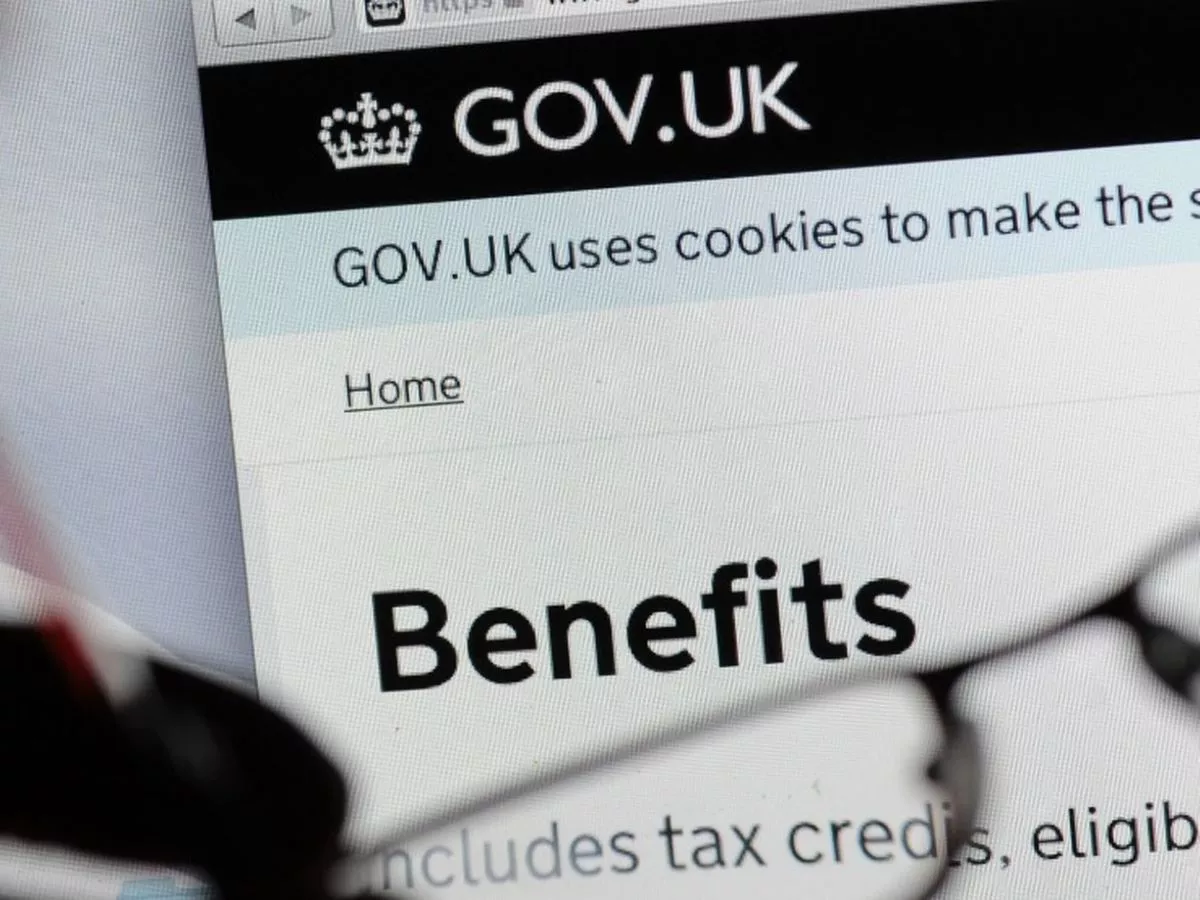By Annabal Bagdi
Government proposals to reform welfare payments were recently backed by MPs in the House of Commons. MPs voted to allow the Government’s Universal Credit and Personal Independence Payment Bill to advance to the next stage in becoming law on Tuesday, July 1. But it only came after significant concessions were made to Sir Keir Starmer’s benefits plan. A total of 126 Labour backbenchers had previously threatened to vote against the legislation, which would have been enough to block its passage through the Commons. But in the end, just 49 actually voted against it. Ministers were forced to offer a series of concessions to persuade the rebels to back the Government. READ MORE: Oasis 2025 tour detail suggesting Noel and Liam Gallagher still have fragile relationship Work and Pensions Secretary Liz Kendall previously announced a partial U-turn aimed at heading off the rebellion which included three key points. Firstly, changes to eligibility for Personal Independence Payment (PIP) would only come into effect in November 2026. Anyone claiming the benefit before that date would not be subject to the new rules, instead changes applying to everyone. Secondly, people claiming the health element of Universal Credit and new claimants with the most severe conditions would see their incomes protected in real terms. Thirdly, disabilities minister Sir Stephen Timms would conduct a review of the PIP assessment, ‘co-produced’ with disabled people. But during Tuesday’s debate, Sir Stephen offered a further concession. He said any changes to PIP eligibility would only be introduced after his review had concluded, further delaying them. The decision to push back PIP changes to an unspecified date and not make clear the details of the those changes removes a major part of the Government’s reform plans. Proposed changes to Universal Credit remain, raising the standard allowance while halving the health element for most new claimants from April 2026. But the concessions will also pose an issue for Chancellor Rachel Reeves who will now need to find extra money as the expected savings from welfare reform are no longer expected to materialise. The Resolution Foundation think tank suggested the concessions meant there would now be no ‘net savings’ from the reform by 2029/30, a key year for Ms Reeves’ fiscal targets. The Government has pledged to make the necessary amendments to remove the PIP changes from the Bill when it returns to the Commons. It is then likely to continue through Parliament, becoming law after it has been approved by both MPs and peers. But wider questions remain for the Government. Ms Reeves faces a fiscal headache, while the Prime Minister could face a political one too as he seeks to repair fractured relations with his backbenchers. There is also uncertainty surrounding the Government’s plans for welfare reform. Ministers will still want to reduce the cost of the welfare bill and get more people back into work, while Sir Stephen’s PIP review could lead to another row. Don’t miss the biggest and breaking stories by signing up to the BirminghamLive newsletter here .
